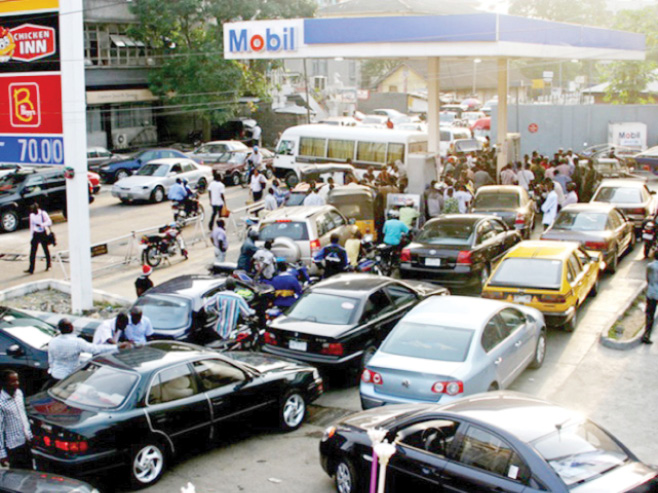The recent discovery of adulterated petrol which is unfit for consumption has continued to generate uproar in the country. The development has led to scarcity of petrol in our major cities as queues have since returned to many filling stations.
The NNPC Group Managing Director (GMD), Mele Kyari, has blamed some oil marketers for the importation of the toxic fuel.
- Buhari to grant scholarships to 3 young Nigerian scientists
- 70% of primary health centres in Nigeria lack drugs, facilities – NPHCDA
President Muhammadu Buhari and members of the House of Representative have called for an investigation of this act of shame. This is a welcome development.
The petroleum industry which the country has comparative advantage in has over the years become a cesspool of corruption.
The inability of the country to have functional refineries resulted to the emergence of many importers who connive with some government officials to exploit the system.
With the passage of the Petroleum Industry Bill (PIB) into law, Nigerians expect nothing less than an efficient and transparent industry.
The circulation of adulterated petrol, with its destructive consequences to our automobiles and ecosystem, should serve as wake up call to government. Unless the issue of fuel importation is fully addressed through the establishment of more private refineries, toxic or unfit Premium Motor Spirit (petrol) will always find its way into the country.
Ibrahim Mustapha Pambegua, Kaduna State

 Join Daily Trust WhatsApp Community For Quick Access To News and Happenings Around You.
Join Daily Trust WhatsApp Community For Quick Access To News and Happenings Around You.


